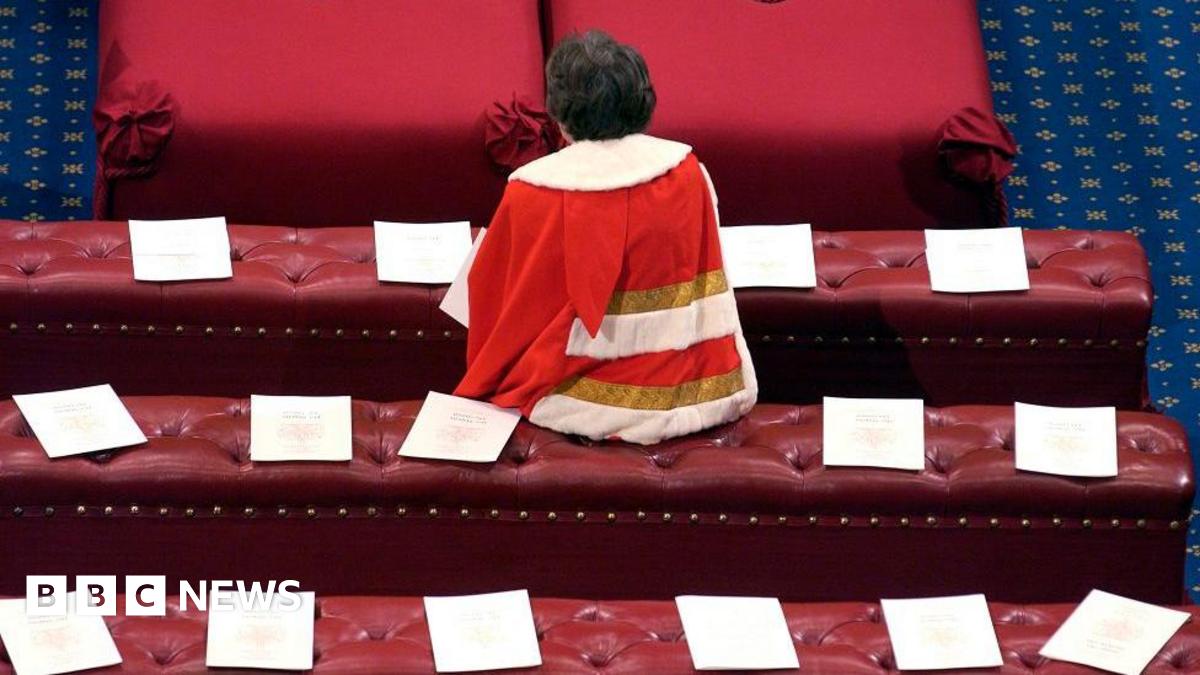Hereditary Lords Face Extinction: A Dying Breed in the House of Lords?
The House of Lords, once a bastion of hereditary power and tradition, is facing a potential extinction event for its hereditary peers. While the gradual erosion of hereditary peerages has been ongoing for decades, recent trends and political shifts suggest a potential acceleration towards their complete disappearance. This raises complex questions about the future of the UK's parliamentary system, the role of tradition, and the very definition of aristocracy in the 21st century.
The Decline of Hereditary Privilege:
The process of phasing out hereditary peers began in earnest with the House of Lords Act 1999, which removed the vast majority of hereditary peers from the House. However, a small number – currently 92 – remain, largely as a result of a compromise reached at the time. These remaining hereditary peers represent a dwindling pool of influence, with many being elderly and facing a lack of younger successors interested in pursuing a political life within the confines of their inherited titles.
Factors Contributing to Extinction:
Several factors are accelerating the potential extinction of hereditary lords:
- Lack of Succession: Many hereditary peerages are failing to attract younger generations, who are often more interested in pursuing careers outside the traditional confines of the aristocracy. The allure of inherited titles is waning in the face of modern career ambitions.
- Shifting Public Opinion: Public opinion has increasingly moved away from accepting the hereditary principle as a legitimate basis for political representation. The perceived elitism and lack of democratic legitimacy associated with hereditary peerages have fueled this shift.
- Political Reform: Ongoing debates around House of Lords reform continue to pose a threat to the remaining hereditary peers. Proposals for a fully elected or appointed second chamber could effectively eliminate their presence altogether.
- Demographic Factors: The aging population of hereditary peers further contributes to their impending extinction. The natural attrition of older peers without suitable successors is steadily reducing their numbers.
The Implications:
The disappearance of hereditary lords would have significant implications:
- Loss of Historical Continuity: Some argue that hereditary peers provide a valuable link to the UK's history and traditions, offering a unique perspective and continuity within the parliamentary process.
- Impact on Debate: The remaining hereditary peers, despite their diminished numbers, still participate in debates and contribute to the legislative process. Their loss could alter the dynamics of parliamentary discussions.
- Symbolism and National Identity: The presence of hereditary peers, however controversial, is a recognizable symbol of the UK's unique parliamentary system. Their disappearance would mark a significant change to the nation's identity.
Looking Ahead:
The future of hereditary lords remains uncertain. While their extinction may seem inevitable given current trends, the pace of their decline and the precise form of their eventual disappearance remain to be seen. Further political reform and evolving public opinion will ultimately dictate their fate, shaping the future landscape of the House of Lords and the UK's political system as a whole. The question isn't if they will disappear, but when and how.
Keywords: Hereditary Lords, House of Lords, UK Parliament, Aristocracy, Peerage, Political Reform, British Politics, Extinction, Succession, Traditional Institutions, Democratic Reform.

